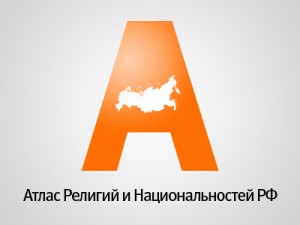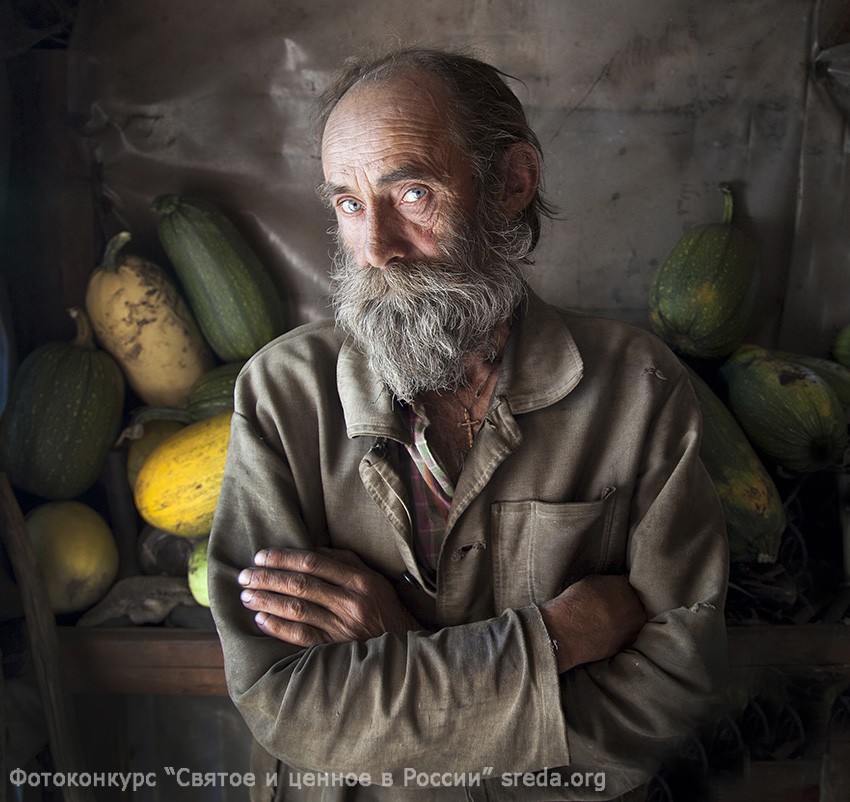What ARENA says: real finds and erroneous interpretations
 Since its open access release, the results of the project ARENA have become the subject of intense public and expert discussions. The research organization “Sreda” thanks all who have shown interest in the conducted research/ We have summarized the main findings of the report, presented in “RIA Novosti” on 18.12.2012. We also noticed a few trends in erroneous interpretation of the data, which we consider necessary to report.
Since its open access release, the results of the project ARENA have become the subject of intense public and expert discussions. The research organization “Sreda” thanks all who have shown interest in the conducted research/ We have summarized the main findings of the report, presented in “RIA Novosti” on 18.12.2012. We also noticed a few trends in erroneous interpretation of the data, which we consider necessary to report.
3 FINDINGS, OR WHAT CONCLUSIONS CAN BE DRAWN FROM ARENA
1. Russia is a post-secular country
2. Russians with religious beliefs are the patriots: they are happy, love the motherland, respect the law, trust others, do charity work, and are willing to participate in community and voluntary service
3. An unexpected find was the “Super-group of civil society”: they believe iv God and want to have children
3 ERRORS, OR WHAT CONCLUSIONS CANNOT BE DRAWN AS A RESULT OF THE ARENA
1. “Orthodox” (80%) and “church people” (41%): this is not the same thing. The figure of 41% determines the quality of the first group: conscious faithful members of the Church
2. ARENA results cannot be compared with data from other surveys, without comparing polling methods
3. ARENA results do not allow for conclusions about dynamics: only one measurement was carried out (2012)
Top 3 findings,
Or what conclusions can be drawn from the Arena
1. 1. Russia is a post-secular country
As the results of the study show, in 2012, Russians are ready to declare their affiliation to religious organizations. . According to the classical criteria of secularism proposed by Professor Grace Davie, – «believing without belonging», – it allows us to conclude about the end of “secular age” in Russia.
We should not lose sight of the ambiguity and multi-directionality of the formation of the Russian post-secular social base in the context of political de-secularization, neo-secularization, social conservative out of secularism and so on. All together it creates a complex and non-homogeneous picture of the religious consciousness of Russians. As discussed at the conference, we can provide at least 12 types of religiosity (four types of Orthodox, two types of atheists, etc.). It is interesting to note in this regard that post-secular «new spirituality», widely represented in the Western world in the form of “religious consumerism” is not popular in Russia. Perhaps traditional conservative position of the Russian Orthodox Church contributes to it. In contrast, the spiritual uplift caused by the change of socio-religious format within Orthodoxy is converted into an institutionalized identity – as evidenced by a high rate of 41% of “church people.” These studies suggest that Russia is a post-secular country with a growing new orthodox spirituality.
With the transition from secularism into post-secularism, identity is also in transit: from “hierarchical” to “network.” This has an effect on the perception of both the State and Church in the eyes of the socially active groups. This is a promising direction for further research.
2. Russians with religious beliefs are patriots: they are happy, love the motherland, respect the law, trust others, do charity work, and are willing to participate in community and voluntary service.
Most of the indicators of active social position of the Russians showed a tight positive relationship with religious practices. Patriots, or “statesmen” (those who love the motherland, obey the law, are willing to cooperate with other people) are people who are responsible in following the practices pertaining to their religion. For them, religion is much more important, than for others, they pray more often and are more likely to say that they “would like to believe in God more than believe now.” In contrast, those Russians who are active citizens but do not follow religious practices, often say that they “would like to leave” the country.
A characteristic of this is the group of “atheists”, that is people who declare lack of faith in God (13%): these are usually men who are “social outsiders”, they are ready to leave and rarely speak about the fact that they are happy.
3. An unexpected find is the “Super-group of civil society”: they believe in God and want to have children
Alina Bagrina, Coordinator of the research organization “Sreda”: “In the study the so-called “super-group of civil society” has been identified. These people are happy, ready to start a business, active in civil terms, do charity work, trust others, noted the high importance of religion for them, support traditional family foundations – and what is particularly interesting – they want to have lots of children! The study allows us to estimate the size of this group at about 10-11%. These are people who believe, actively practice their faith and want their faith to be inherited by their children. … However, as it turns out, the sociological discovery was not made, because it has long been known that only in the secular conception of Inglhard and his colleagues high levels of religiosity are linked with a decrease in the birth rate. However,as observations around the world show, with similar socio-economic conditions, the birth rate is higher in groups with higher levels of religiosity. So in this respect, Russia is a completely normal country, its development follows the general path.”
Top 3 Mistakes,
Or what conclusions can NOT be made on the results of the Arena
1 “Orthodox” (80%) and “the church people” (41%): this is not the same thing. The figure of 41% determines the quality of the first group: conscious faithful members of the Church
The main problem is with the substitution of the terms “orthodox” and “church people.” The “Arena” Project does not call into question the reliability of the results obtained from, for example, VCIOM polls, where 70-80% of Russians name themselves “Orthodox” by self-identity. The “Arena” Project introduces an additional criterion of belonging to the Russian Orthodox Church. The number of “church people” (that is, not only Orthodox by self-identity, but also declaring their belonging to the Church) is obviously smaller than the number of those who consider themselves Orthodox.
Taking into account contemporary Russian history, we think that belonging of a believer to the Orthodox Church is a more reliable indicator of a religious choice rather than those practiced in Western sociology criteria, where religious behavior (“practical religion”) is put in the center. The relatively low level of Russian performance in this area indicates not only about its “post-atheist” heritage, but also about the catastrophic situation with the quantity of the Orthodox churches in Russia.
Respecting the choice and self-identification of Russians, however, we would like to emphasize the importance and relevance of the mission, addressed to fifty million Orthodox Christians, who are not included in Church life..
2. ARENA results cannot be compared with data from other surveys “head-on”, without comparing polling methods.
In the ARENA project, we used a method, which differs from the approach taken in most surveys on representative samples of all Russia. For example, ARENA-tool minimizes “the interviewer-interviewee” interaction, thus reducing the influence of the “socially approved” answers from the respondents. The respondents not so much “answer the questions” but “choose an option”.
Data obtained using this method may be different from those obtained for similar subjects, but based on other methods. In order to correctly analyze the differences when comparing data from different research centers, one should also compare the research methodology. . Without this comparison of methods, “bare” data comparison is incorrect and can be misleading. We would like to emphasize that the organisation “Sreda” will be grateful for all expert comments on the merits of the issues and will be glad of constructive discussion of prospects and directions for improvement of the “Arena” Project.
3. ARENA results do not allow conclusions about the dynamics: only one measurement was carried out (2012)
All the conclusions of with the use of finds ARENA that infer that “the number has decreased” – “number has increased” are flawed. Currently, only one wave of research has been conducted. All conclusions about the dynamics of processes involving data from ARENA have no relation to social reality: the ARENA project gives a static picture of 2012.
Taking into account the rising, wide-spread response, research organization “Sreda” promises to make every effort to replicate this study in the future and to offer the public the data necessary for the dynamic picture of Russian religiousity.
Press release and video presentation at RIA Novosti
Overview of media publications on the basis of the presentation



